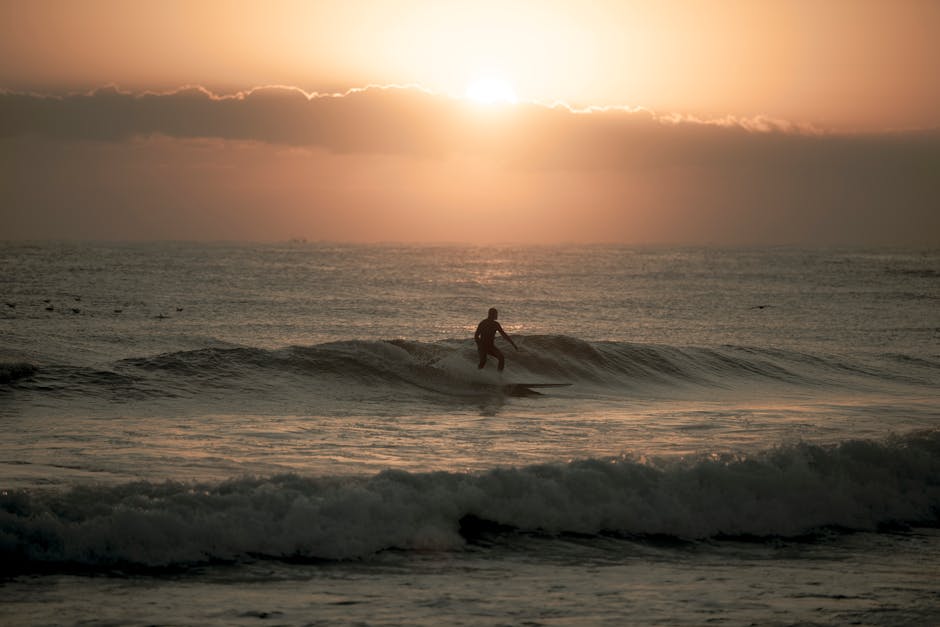Human leisure time, a period for rejuvenation and social interaction, is profoundly shaped by cultural norms and values. Recreational activities, encompassing sports, games, and other leisure pursuits, are not simply individual choices; they are deeply embedded within the fabric of society, reflecting and reinforcing cultural identities. Examining how various cultures influence recreational choices reveals fascinating insights into societal structures, belief systems, and historical trajectories.
Climate and Geography play a significant initial role. In regions with harsh winters, for instance, indoor activities like ice hockey in Canada or curling in Scotland gain prominence. Conversely, tropical climates often foster water sports like surfing in Hawaii or kitesurfing in Brazil. These geographical realities dictate accessibility and naturally influence popular recreational choices. However, the influence extends beyond mere practicality; cultural interpretation of the environment shapes how these activities are perceived and practiced. For example, the spiritual significance attached to certain natural landscapes in some indigenous cultures can lead to recreational activities that respect and honor these spaces, often involving traditional practices and ceremonies.
Social Structures and Family Dynamics exert a considerable impact. Collectivist cultures, prevalent in many parts of Asia and Latin America, often prioritize team-based activities that emphasize cooperation and group harmony. Sports like volleyball or sepak takraw (a Southeast Asian sport similar to volleyball) are popular in these regions, reflecting a social emphasis on shared goals and mutual support. In contrast, individualistic cultures, common in North America and Western Europe, frequently promote individual sports such as golf, tennis, or running, which prioritize personal achievement and self-reliance. The importance of family in certain cultures also influences recreational choices; family-oriented activities like picnics, fishing trips, or traditional games might be prevalent, reinforcing family bonding and intergenerational connections.
Religious and Spiritual Beliefs provide another significant lens through which recreational activities are viewed and practiced. Some religions might prohibit certain activities considered frivolous or immoral, while others may actively promote specific forms of physical or mental exercise. For instance, yoga and meditation, integral to many Eastern religions, have gained global popularity as recreational activities, emphasizing spiritual well-being. Similarly, certain martial arts, initially developed for self-defense or religious practices, are now widely embraced as recreational pursuits, offering both physical fitness and spiritual development. The observance of religious holidays often leads to unique recreational activities; for example, the celebration of Diwali in India often involves fireworks and vibrant community gatherings, adding a distinctive recreational element to the religious observance.
Economic Factors significantly influence access to recreational activities. Affluent societies often have a wider range of recreational choices available, including expensive sports like golf, skiing, or yachting, which may be inaccessible to less affluent populations. This economic disparity influences not only the type of recreational activities chosen but also the level of participation. However, economically disadvantaged communities often develop resourceful and creative recreational activities, utilizing readily available resources and adapting existing games or sports to their specific circumstances.
Technological Advancements have dramatically reshaped recreational landscapes globally. The advent of video games, virtual reality, and online gaming platforms has created entirely new forms of recreation, particularly appealing to younger generations. However, the cultural impact varies; while some cultures readily embrace these technological advancements, others maintain a stronger preference for traditional, face-to-face recreational pursuits. Furthermore, the accessibility of technology varies across different cultures, creating further disparity in recreational opportunities.
Historical Influences play a vital role in shaping present-day recreational activities. The legacy of colonialism, for instance, has resulted in the global spread of certain sports like cricket and football (soccer), which were initially associated with specific colonial powers. However, these sports have become integrated into local cultures, often adapted and modified to reflect local traditions and preferences. Historical events and societal changes also impact recreational trends; the rise of women’s sports in recent decades, for example, reflects evolving social attitudes and increased opportunities for women in recreational activities.
Political Systems also subtly, yet significantly, affect recreational choices. Governments can promote specific recreational activities through funding, infrastructure development, and public policy. For example, countries that prioritize national fitness might invest heavily in public parks, sports facilities, and nationwide sports programs. Conversely, political instability or repressive regimes might restrict recreational activities, limiting access to resources and opportunities.
In summary, a multifaceted interplay of factorsclimate, social structures, religion, economics, technology, history, and politicsall intertwine to shape the diverse landscape of recreational activities globally. Understanding these cultural influences provides a richer appreciation of the diverse ways humans utilize leisure time for enjoyment, social interaction, and personal enrichment. Furthermore, recognizing this cultural complexity fosters greater inclusivity and understanding in the global context of sports and recreation, promoting respect for diverse traditions and encouraging innovation in leisure pursuits. The study of cultural influences on recreation offers not just a fascinating sociological perspective but also valuable insights for policymakers, recreational organizers, and individuals seeking to engage meaningfully in their leisure time.
